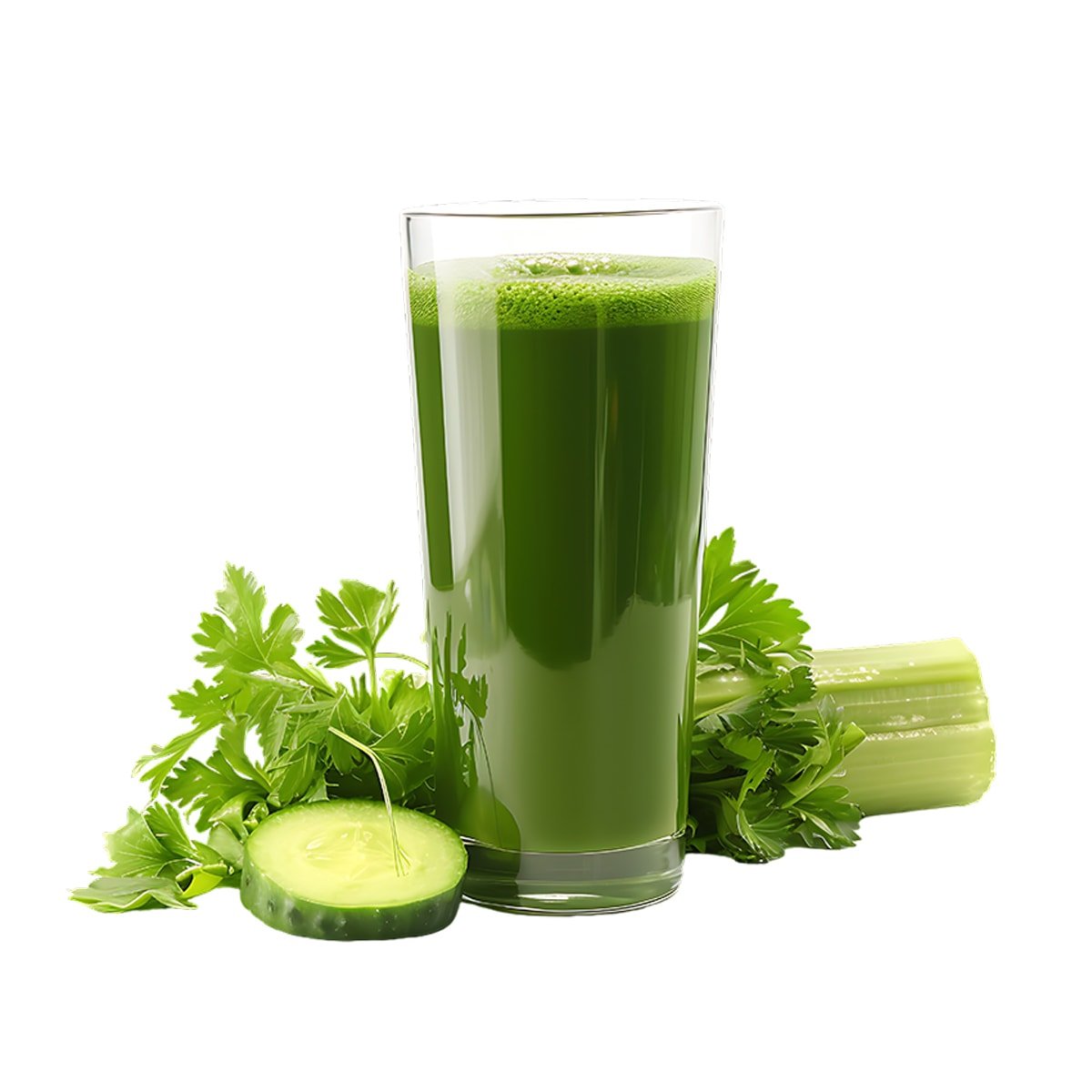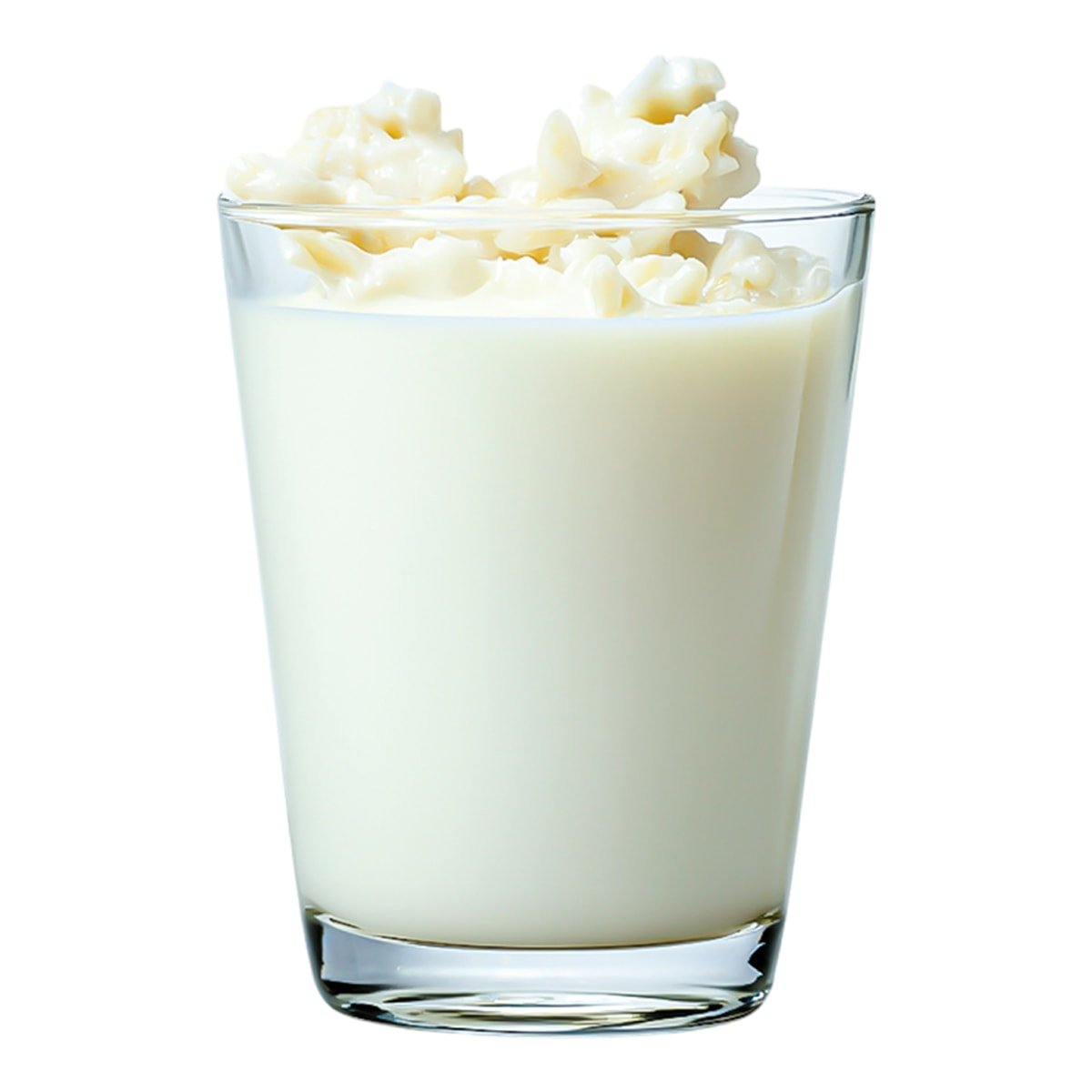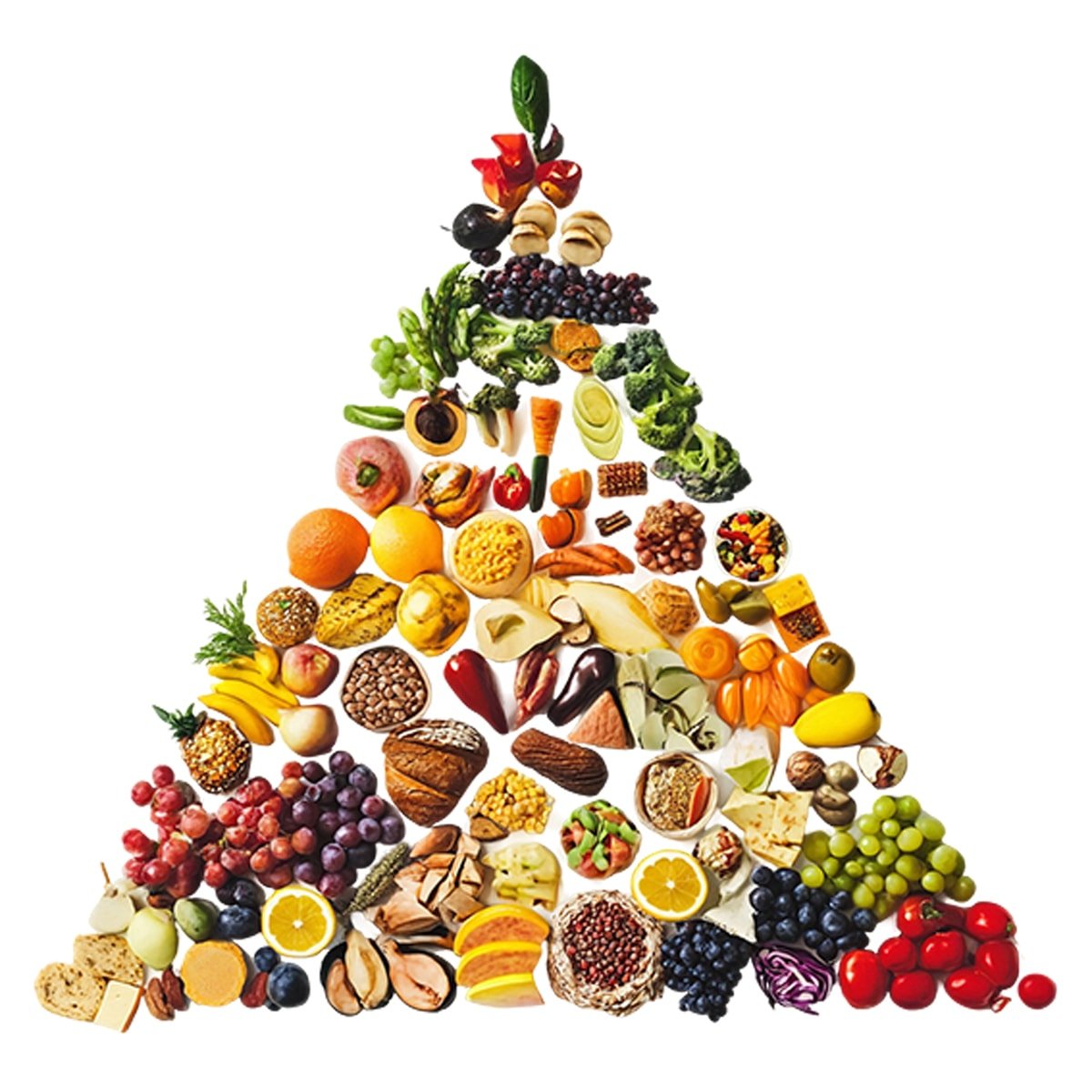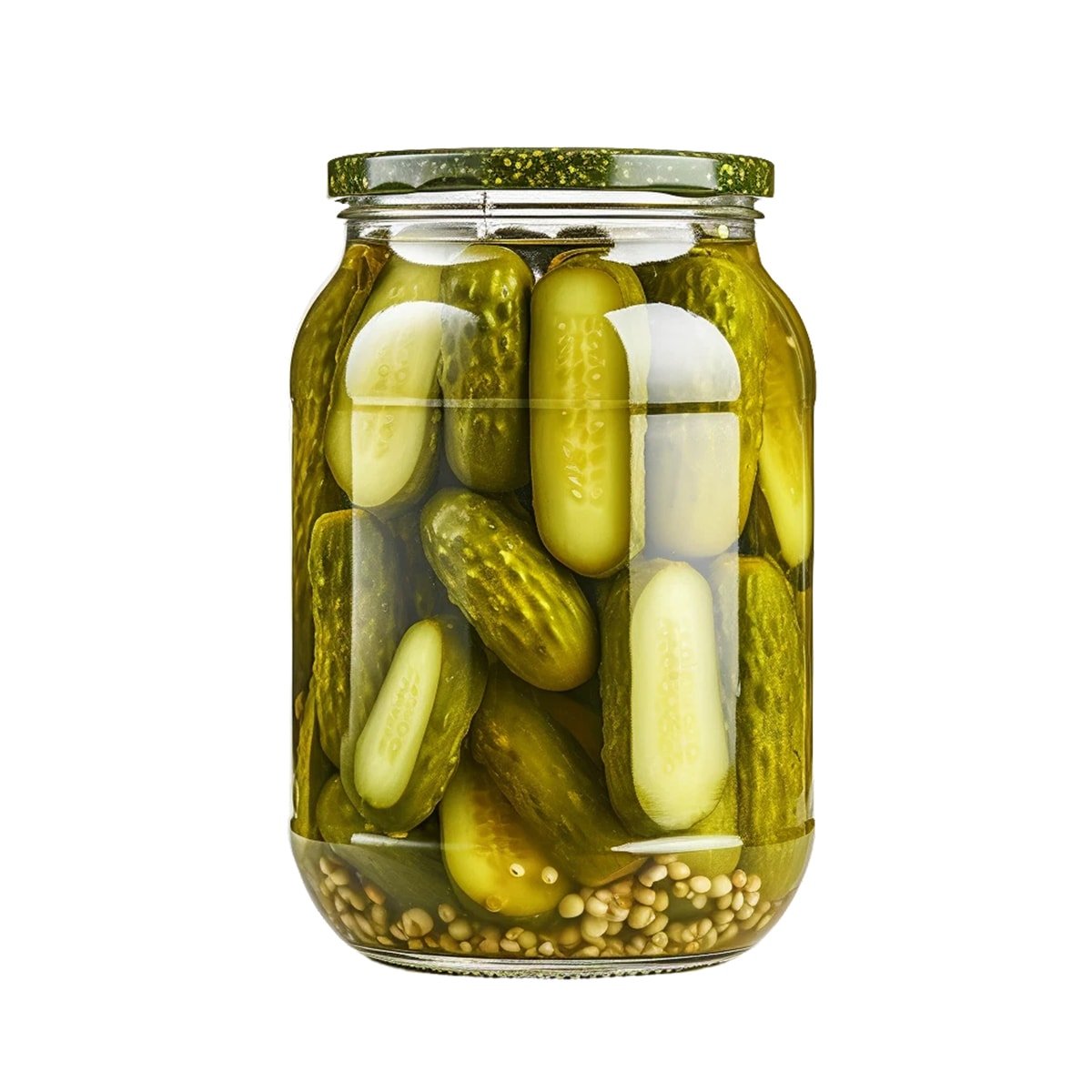7 habits thought to be good for the intestines

1-Drinking lemon water on an empty stomach in the morning
It's often claimed that lemon water balances pH, flushes toxins, or "wakes up" the gut. The truth is: Lemon water is a weaker acid than stomach acid, and acidic drinks can cause reflux, heartburn, and enamel erosion in some sensitive individuals (American Dental Association, 2022).
Is it beneficial? -Drinking warm water supports bowel movements. It doesn't have to be with lemon.
Alternative:
-Add a slice of fresh ginger, mint or apple peel to a glass of warm water.
2- Every detox is beneficial
Three-day liquid cleanses or shock treatments like cabbage juice and celery cures claim to "cleanse" the intestines. However, beneficial bacteria in the gut feed on fiber, while detox liquids contain no fiber. Detoxes can cause rapid weight loss, but they reduce microbiota diversity. (Harvard TH Chan, 2023)
What should be done? -A “microbiota-friendly cleaning” with fiber-rich, natural foods should be preferred.
-The liver and intestines cleanse themselves, there is no need to starve them.

3-Gluten-free diet is healthy
Gluten is a protein found in grains like wheat and barley. However, unless you have celiac disease, a gluten-free diet doesn't have any specific intestinal benefits. Gluten-free products generally contain less fiber and more processed starch. (British Nutrition Foundation, 2021)
What should be done?
Before restricting gluten, stick to fiber sources like whole grains, bulgur, and oats.If you have digestive complaints, a FODMAP test should be considered first.

4-Probiotic supplements are good for everyone
Not every product labeled "contains probiotics" on market shelves is effective. Furthermore, everyone's needs are different. In some cases (e.g., SIBO), probiotics can be harmful. (Mayo Clinic, 2023) Conscious use is essential: The type, dose, timing, and prebiotic supplementation should be determined with expert advice.
-Should be taken according to need, not routine
5-Kefir or pickles should be consumed every day.
Fermented foods are good for the intestines, but consuming them daily and in large amounts is not recommended. Excessive consumption of kefir can cause gas and bloating. Pickles are often overly salty. How much is enough? - Half a tea glass of plain kefir, 3–4 days a week
-Natural, low-salt, unpasteurized homemade pickles

6-Intestinal cleansing should be done
Some nutritional theories recommend occasional enemas and colon flushes. However, enemas remove both good and bad bacteria. Frequent use can damage the flora (Johns Hopkins Medicine, 2022).
If necessary, it should be done under medical supervision. It should not become chronic.
7-Plain desserts are intestinal friendly
Gluten-free cakes, refined sugar-free cookies, or vegan desserts are often thought to be “innocent.” However, if they contain high-glycemic sweeteners such as dates, molasses, and coconut sugar, they can trigger an increase in yeast (candida) in the intestines.
(Gut Health Alliance, 2023) We shouldn't think "healthy" without reading the labels.
3 things you can try today1 Morning drink: Warm water + mint + ginger + 1 slice of apple = reduces bloating, does not tire the stomach
2 Natural probiotic combinations
1 tablespoon of homemade yogurt + 1/2 banana + 1 teaspoon of flaxseed
3“Real” cleansing Daily 25–30 grams of fiber + 2.5 liters of water + 7 hours of sleep provides a stronger effect than any detox.
TOMORROW
- Could the gut really be making decisions? - Why does the microbiota send so many signals to the brain? - Does depression first start in the stomach?
- The era of personalized “bacterial diets.”
SÖZCÜ





